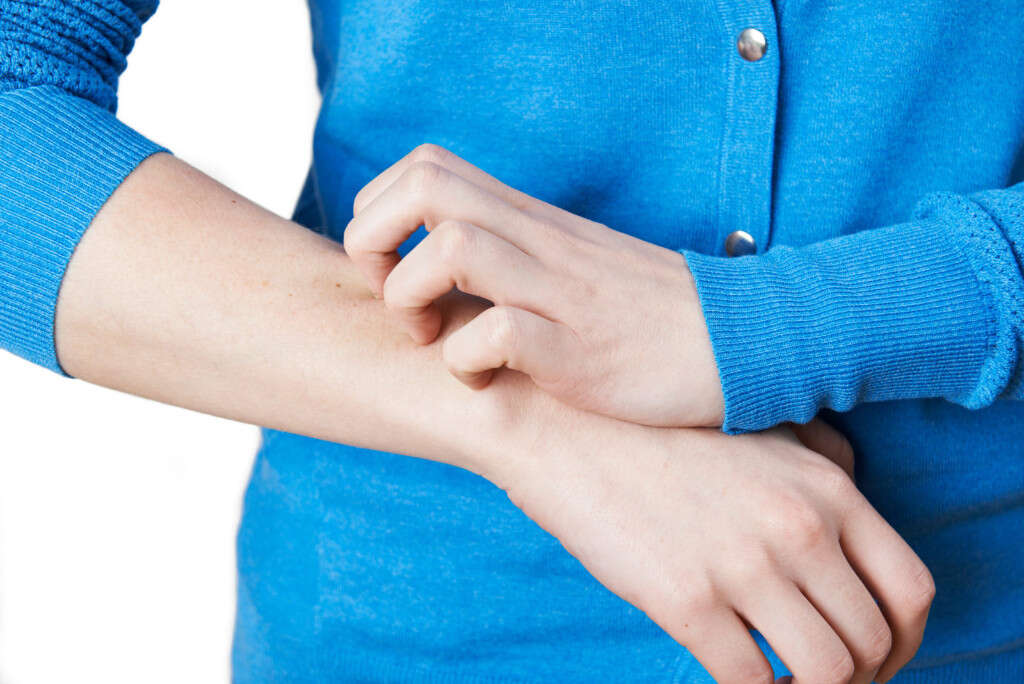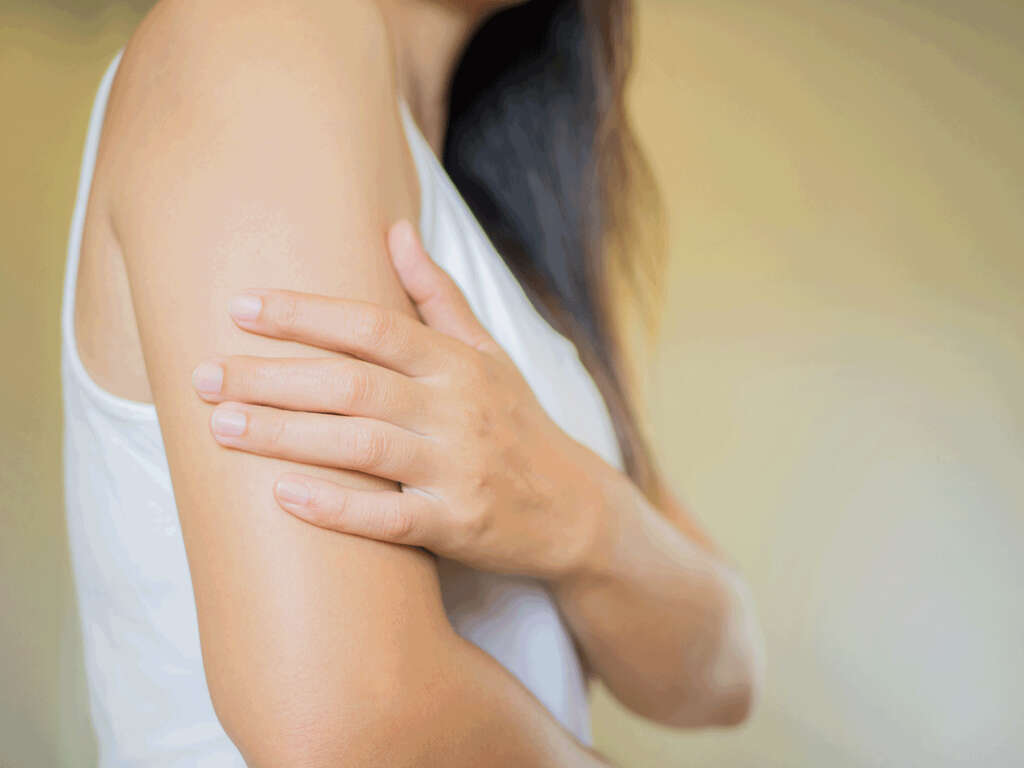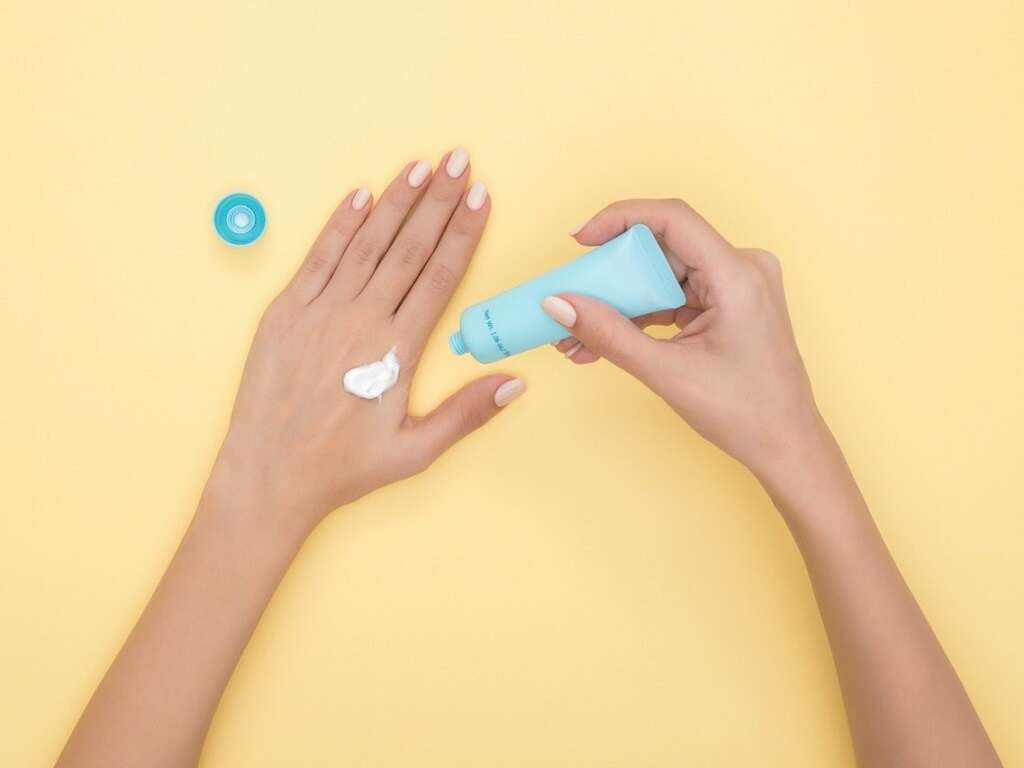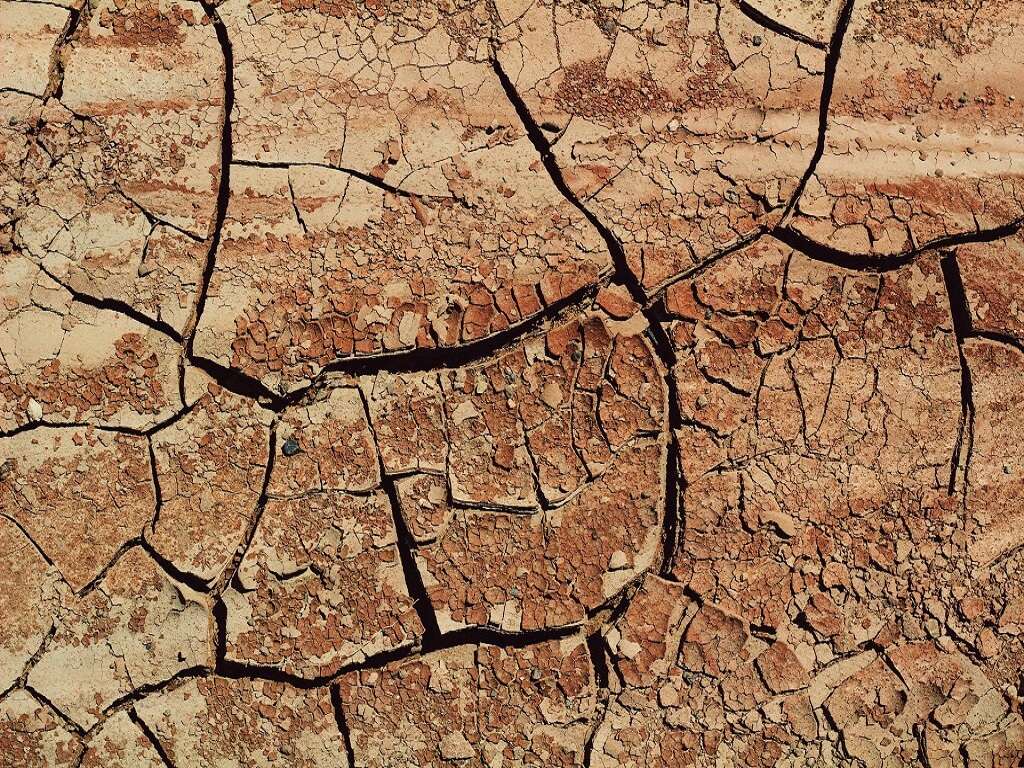10 Causes of Eczema
Eczema is a condition that we still don’t know a lot about, but we are learning more all the time. Continuing studies are helping us to discover more about the condition as we search for treatments, and maybe even a cure. A cure still seems a long way off, though, but we are at least able to identify some potential causes that might cause outbreaks or make them worse.
Eczema can be caused by different things in different people so identifying causes can be a case of trial and error. Regardless, there are still some common causes that many people with eczema are likely to have problems with and here’s a look at some of the most common.
Cause #1: Environment
We are constantly surrounded by countless different substances. Anything that we come into contact with might have an impact on our bodies, whether directly on the skin or when ingested. For most of us, this presents no problem other than with a few specific substances. For others, though, the environment we live in is full of substances that can cause considerable discomfort.
People with eczema might find that their condition can be triggered by a wide variety of items. It could be pets, dust, pollen and in some cases, food. Patients will need to recognize those substances that trigger eczema and learn to avoid them where possible.
Cause #2: Clothing
Clothing is very important to us. Not only are you likely to find yourself arrested should you go out without wearing any, but it is also important for protection against the elements.
The fabrics that are used to make clothing can contain a huge range of potential irritants that can trigger eczema. Many fabrics have been treated with chemicals to help provide safety, longevity and aesthetic appeal and these chemicals can be a nightmare for people with eczema. Even completely natural, untreated products like wool can be a problem for some eczema sufferers.

Cause #3: Climate
Our favorite weather is very much a matter of personal choice. When it is cold and wet it tends to be quite unpleasant to be outside, while it can also be uncomfortable when it is hot and humid. Generally speaking, we tend to prefer a dry climate, within reason, but this can be a problem for people with eczema.
Dry skin is more prone to triggering eczema, meaning that a lot of people with the condition will avoid dryer climates when possible. Heat and humidity are also likely to prompt perspiring which can also be a contributor to eczema. This can lead to some people being selective when it comes to choosing vacations, while some may even find that eczema is a motive behind relocation.
Cause #4: Genetic Disorders
While we have yet to pinpoint the exact cause of eczema, it is thought that it could be down to genetic flaws. Tests have been carried out that have shown a lot of people with eczema have a genetic disposition that inhibits the production of a certain protein.
The protein, filaggrin, helps to form a protective barrier on the skin. This protective barrier helps keep out bacteria and without it, bacteria and other unwelcome microbes are able to find a way in. One response to this invasion is inflammation of the skin, which we recognize as eczema. If diagnosed with eczema you are likely to be asked whether or not there is a history of it in the family to help pinpoint the cause.

Cause #5: Skin Imperfections
For many people, smooth, unblemished skin is something they strive to achieve. Such skin is often considered to be beautiful and even an indicator of social status. Not everybody has such perfect skin, though, for various reasons. It is thought that even a small crack in the skin can lead to an outbreak of eczema.
One way to prevent such imperfections and cracking from occurring is to use a moisturizer. This can help keep the skin supple and in one piece, hopefully preventing eczema from being triggered. Note also that the moisturizer you are using might also trigger eczema itself, so be mindful in which one you are choosing.
Cause #6: Chlorine
Chlorine is used all over the world in public pools to help keep pathogens under control. It helps to kill any microbes that might be harmful to us, making the pool a safe place for all to swim. While the chlorine might sometimes cause our eyes to sting it is usually quite harmless. For people with eczema, though, it can be something to avoid.
If you do have eczema and you use a public pool, you should make sure you shower immediately afterwards to help rinse away any chlorine completely. The chemicals in chlorine can cause eczema to flare up, even if they do help provide some temporary relief from the symptoms in the short term.

Cause #7: Asthma
While the two may appear to be completely unrelated to begin with, there is a very close correlation between asthma and eczema. Studies have shown that around three-quarters of all people that have asthma will also develop eczema to some degree. Likewise, those that start with eczema are quite likely to develop asthma at some point in the future.
This suggests that the body is responding to allergens or other irritants and it is best to be on the lookout for anything that might trigger a reaction. Asthma does have the potential to be very dangerous so it should be treated in full seriousness.
Cause #8: Cosmetics
In a world where people are put under a lot of pressure to always look their best, cosmetics is a very big business. Women, in particular, are likely to use a lot of cosmetics and many will not wish to leave the house without make-up. For some people, though, cosmetics are something that can do more harm to the skin than good.
Cosmetics can trigger an outbreak of eczema, so those with the condition will likely use it as sparingly as possible. Some products are marketed as being completely non-allergenic but they can still lead to eczema, although some may be better than others. Regardless of whether or not you do have eczema, you should always try and clean makeup off your skin thoroughly.

Cause #9: Bathroom Products
Hygiene is very important to our overall health. It helps keep away unwanted microbes and helps keep our bodies in good condition physically. To help with this, we use a wide range of products that help remove dirt, kill microbes and nourish the skin and hair. For some people, though, these products can be the trigger of eczema outbreaks.
Try to avoid any products that remove natural oils as this will leave the skin dry, encouraging eczema. Try to look for natural products that contain as few chemicals as possible. You may need to experiment with different products before you find the ones that work for you.
Cause #10: Sensitivity to Bacteria
It is pretty much impossible to avoid coming into contact with bacteria. They are everywhere, but thankfully the vast majority are completely harmless to us. Even potentially harmful bacteria will have to overcome our powerful immune system if they are to do us harm. Our immune systems are not always perfect, however.
Performing a key role in our immune systems are antibodies, including immunoglobulin E (IgE). Levels of this antibody are higher in people with eczema than those without. The high levels of this antibody make the patient hypersensitive to any bacteria that manage to enter the body, potentially leading to a reaction that causes eczema.










